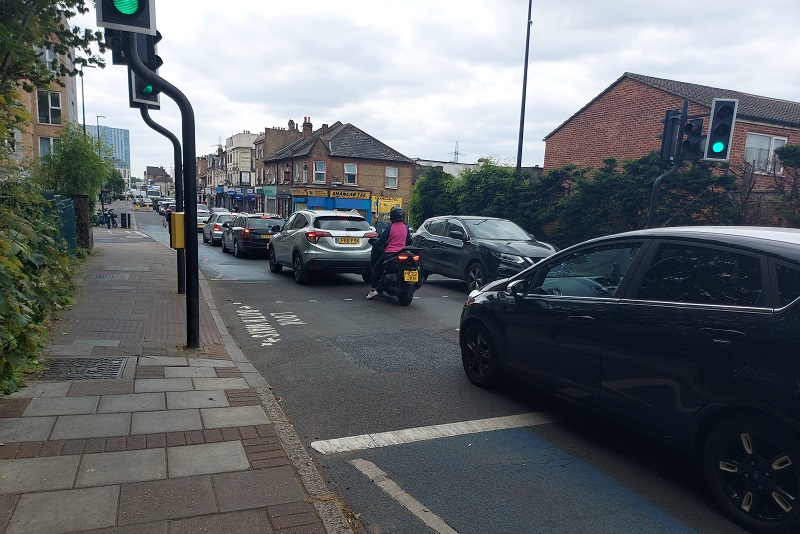
TfL is seeking a supplier to provide a long-term support service for victims of road traffic collisions in London once the pilot scheme service ends later this year.
TfL launched the pilot project in 2023, in partnership with the Mayor’s Office for Policing and Crime (MOPAC), the Metropolitan Police and the City of London Police, to provide enhanced support for people who had been victims of the most serious road traffic collisions in London – collisions resulting in a fatality or life-changing injury.
Given the success of the scheme, TfL has issued an invitation to tender to bidders to ensure this important service continues.
The Met and CoLP will work with the successful bidder to implement a direct consent-based referral mechanism from the police into the service. This will ensure that more victims are connected with services, and that those needing support receive early intervention.
The pilot scheme has enhanced the level of support available to families left bereaved and those catastrophically injured following road traffic collisions. It has also made it easier for people to access the support they need.
The service allows for direct referral from the police into support services, where previously, victims would have to initiate contact proactively. It provides timely and face-to-face support and to date, more than 200 people have been referred.
The new service complements the Sarah Hope Line, which continues to be a crucial source of support for anyone affected by an incident involving the TfL public transport network, including the Tube, buses, Elizabeth line, London Overground, Docklands Light Railway and Trams.
Since 2016, the Sarah Hope Line’s dedicated team has provided comprehensive help and support to hundreds of individuals. The team has also worked in partnership with other expert organisations to ensure that those involved in life changing incidents have access to the support they need.
TfL has also published its interim evaluation report into the roads victim support service pilot, which highlights the positive difference the scheme has made. The pilot has increased both the reach and timeliness of support, demonstrating the benefits of direct referral from the police.
TfL says this shows that the best outcomes are achieved through early intervention, as well as support from specialists trained in the specific emotional, legal and practical implications of a road collision.
Service users have reported that the quality of personal support has been high, and that the referral and triage process has been smooth and simple, facilitating users’ access to support at the right time for them.
Lilli Matson, TfL’s chief safety, health and environment officer, said: “In the aftermath of a road traffic collision, lives of victims, their families and loved ones are devastated. We are committed to ensuring they are able to get the support they need and deserve.
“That’s why we’re proud that our roads Victim Support Service, which provides timely, face-to-face support for people who have been victims of the most serious road traffic collisions in London, is being taken forward long-term. Working alongside the police and boroughs, we remain dedicated to our Vision Zero goal of eliminating death and serious injury on the transport network, which is an essential part of building a better London for everyone.”
Chief superintendent Tom Naughton, who leads the Met’s Roads and Transport Policing Command, said: “Being involved in a serious collision, or experiencing grief following one can be an incredibly tough experience. This scheme has proved successful in identifying and offering the appropriate support to those who need it.
“Thank you to all of our partners for making it possible for this scheme to continue into the longer term, as we work together to make the roads of London safer.”
Comment on this story